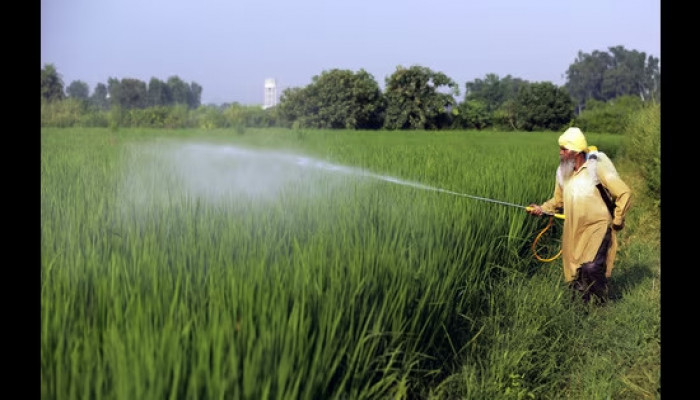Banned pesticides critical to food security: Government inputs to expert panel
- In Reports
- 01:54 PM, May 17, 2023
- Myind Staff
The Centre has not made a decision to lift the ban on 24 of the 27 pesticides that are restricted in many nations, particularly in Europe. However, an expert committee found that the chemicals could prevent significant crop losses while key Union ministries saw potential risks to food security from deregistering them, according to two people with knowledge of the situation.
A scientific panel led by TP Rajendran, a former assistant director general of the Indian Council of Agricultural Research, was established by the agriculture ministry in January 2021 to study all facets of these pesticides, including their efficacy, toxicity, impact on farming, food security, and global status.
Prior to that, the Union government had called for the views of manufacturers, farmers, experts, and other stakeholders on the issue of phasing out over 60 anti-pest chemicals deemed hazardous to humans and the environment.
The Union Department of Chemicals and Fertilisers claimed in its submissions that manufacturers, particularly small and medium-sized businesses, had made significant expenditures to produce these chemicals and that their ban would "jeopardize" the industry, according to one of the sources.
The bunch of pesticides include chemicals such as Acephate, applied to protect almost all vegetables from devastating attacks from insects like aphids, including resistant species. Malathion is another, widely used in crops as well as to kill mosquitoes.
According to the food ministry's inputs, Deltamethrin is a preferred insecticide used to safeguard grains in scientifically controlled storage facilities, along with Malathion, a second official added.
The commerce ministry said in its inputs that the country’s pesticide export could take a hit of nearly ₹10,000 crores if these pesticides are de-registered.
Organophosphates make up a large portion of the 27 insecticides. Following scientific proof that these pesticides have "unfavorable neurodevelopmental outcomes in children," Europe has banned numerous organophosphate pesticides, according to a March 23 report from Greenpeace. Yet, Europe continues to export these chemicals.
According to a member of the Rajendran panel, over 600 farmer organizations and even states did not favour a ban, as it will increase cultivation costs by up to 20-22%, leading to food inflation.
Image source: Hindustan Times







Comments